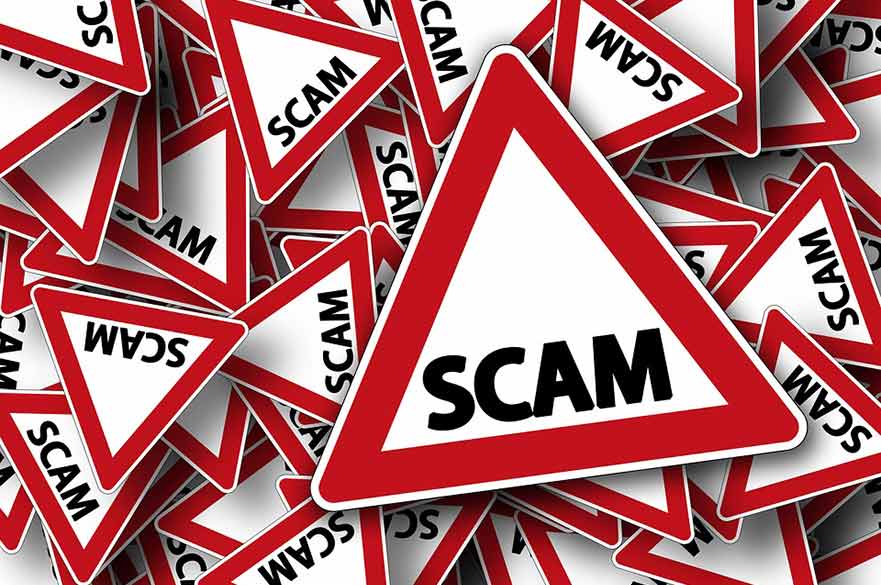Advice for giving safely to charity
Published: 7 April 2020

Trading Standards is encouraging people to give to genuine registered charities during the current crisis
Derby City Council Trading Standards joins the Charity Commission, the Fundraising Regulator, and Action Fraud to encourage people to give to genuine registered charities as people respond with generosity in the current crisis.
It comes as regulators receive reports of scammers targeting vulnerable people, for example by posing as fundraisers collecting money for charity, who are diverting vital funds away from genuine causes.
Action Fraud and Trading Standards have received reports of fraudsters seeking to exploit the pandemic by targeting vulnerable people, for example posing as charity volunteers offering to help with shopping, offering fake virus testing, or claiming to be raising funds for charity.
There are simple ways of making sure you give safely to registered charities:
- Check the charity’s name and registration number at uk/checkcharity. Most charities with an annual income of £5,000 or more must be registered.
- Make sure the charity is genuine before giving any financial information – it’s ok to decide not to give on the spot. Be wary of unsolicited emails from charities you have never heard of and be careful when responding to emails or clicking on links within them.
- Exercise the same caution as with any other internet transaction, for example, to donate online, visit the charity’s own website and always type the website address into the browser yourself.
- Contact or find out more online about the charity that you’re seeking to donate to or work with to find out more about their spending. Ask a trusted friend, neighbour or relative if you are unable to research this or need a second opinion.
- Ignore requests to donate through a money transfer company.
- If in doubt about an approach, give to a charity that you have an existing relationship with.
Baroness Tina Stowell, Chair of the Charity Commission, said:
British people have a proud tradition of charitable giving and generosity, and this pandemic is already giving rise to that spirit of charity and community that brings people together. We want to ensure that people do so safely and in the most effective way possible so that people in need get help. We encourage everyone wanting to donate money to follow our simple steps to check that they are donating to a registered charity. By giving to a registered charity, the public can have assurance that their funds are regulated by the Charity Commission.
Lord Toby Harris, Chair of the Fundraising Regulator, said:
Charities are a lifeline to many local communities and play a vital role in supporting people across the UK, particularly at a time of national crisis. In what is the most significant public health emergency in generations, we encourage the public to continue to give generously throughout these difficult times. Unfortunately, we have heard of some individuals who have used the Coronavirus outbreak as a means of defrauding the public, so we urge you to check that an organisation is legitimate before you give to it. For more helpful advice on giving to charity safely, please read our guidance.
Louise Baxter, Head of the National Trading Standards Scams Team, said:
As people stay indoors to prevent the spread of COVID-19, criminals are preying on people in vulnerable situations who are isolated and living alone. The criminals often claim to represent charities to help them appear legitimate before taking the victim’s money. There are genuine charities providing support, so consumers should be vigilant and ask for ID from anyone claiming to represent a charity. There’s never been a more important time for neighbours to look out for each other – particularly as we self-isolate – which is why we’re encouraging communities to prevent scams in their local area by using the free Friends Against Scams resources. Our online courses will help you spot a potential scam, identify people at risk and help you protect local residents from falling victims to scams. We’re urging communities to protect each other from scams and encourage people to share the latest advice with families, friends and neighbours.